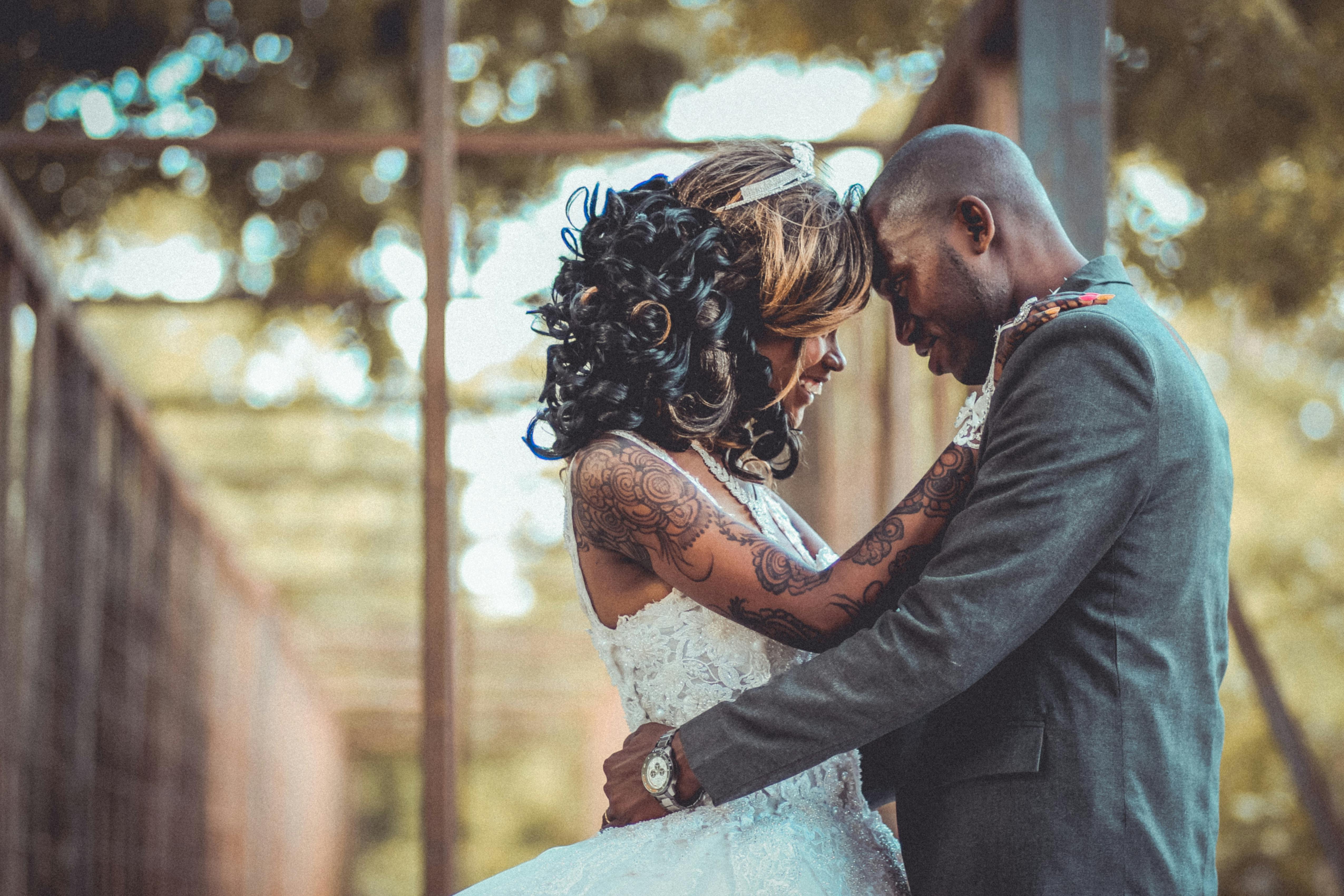7 Core Values Couples Should Have Before Marriage

As long as you and the person you’re in a relationship with are committed and loving, you probably want the relationship to last. Every relationship is different, but shared values make for happy partnerships. These core beliefs are the backbone of our relationship, dictating how the two work and evolve together.
“When couples build and make decisions based on their values, they’re essentially saying, ‘This is what we’re about and what we value,’” according to licensed clinical social worker Dana Ellery. “Common values are what maintain the relationship when things come in contact with all the ups and downs of life.”
When both individuals are on the same page, especially with things like trust and communication, it’s a lot easier to jump hurdles and progress as a team. “Couples grow together or grow apart in the long run,” says Lena Carrow, a licensed marriage and family therapist. “Without common values, it becomes more difficult to navigate those differences.”

It’s crucial to discuss values that are important to both of you before walking down the aisle. But that path begins with our own introspection. “Once two people understand where they stand on their values, they can be more aware of how they relate to someone else in the realm of values,” Ellery says.
You don’t have to see eye to eye on everything, but if your values feel clashing or if you’re not able to work out compromises around big issues, she recommends giving the future of the relationship more scrutiny. To establish that base for marriage, begin with these five core shared values.
Trust
Trust is the foundation of all successful marriages. “You can’t build a house without a foundation,” Carrow says. Trust: A relationship built on trust enables each partner to feel safe, valued, and confident about the other's motives. On the other hand, where there is trust, both individuals can continue with their lives free from suspicious or doubt.
Trust also provides a space where one can be vulnerable with safety. “When you feel safe you are going to be able to be more emotive without worrying about what will happen,” says Ellery. “That’s where real connection occurs.”
In unity where trust is not there you find part. “If you don’t have shared values, you start to work in silos,” Ellery says. “That can result in ineffective communication, lack of trust, and emotional distance.”

Communication
Healthy dialog is the root of evolution and intimacy. Open conversation helps couples feel heard, understood and appreciated. “Good communication is everything, the lifeblood of any meaningful connection,” Ellery says.
Cultivating shared values starts with good communication. Once you have an idea what you personally care about, you can then start developing that framework as a pair. These conversations should be driven by curiosity and compassion, Carrow says. “Ask good questions without assumptions or leading. “If things feel difficult, stop, take a deep breath and actually listen to understand — not listen to respond,” she says.
Communication is key most especially when things are falling apart. For example, if your partner isn’t contributing to household chores, you can assert yourself in a respectful way and share how it makes you feel. Avoid blame by using “I” statements, and listen to their side as well.
Honesty
Being trustworthy reinforces credibility and encourages authenticity. There are no guessing games or second-guesses when both partners are being honest. “A relationship with one person who values honesty and the other who doesn’t will constantly be running into brick walls,” Ellery says. “You will always wonder if you are getting the truth.”
It’s not alway easy to be truthful — especially when there are hard truths to reveal. But when you express your thoughts in a calm, heartfelt way, you make room for understanding. Have faith that your partner will accept your honesty in the spirit in which it’s presented.

Boundaries
Boundaries are a good thing for both the self and the relationship. Boundaries foster intimacy, self-worth, and respect. On the reverse side, constantly wanting to please your partner can result in resentment and burnout.
Boundaries can be made up of basic requests like asking that your partner not play on their phone during dinner, giving you silence while you read, or expressing a need for alone time. “Healthy boundaries indicate where one person’s comfort zone ends and another’s begins, and decrease misunderstandings,” Carrow says.
To figure out your limits, think about what makes you sexy and powerful. Share what you need in order to so that both partners can flourish.
Religion
Religion can also be highly individualized, a wellspring of values and traditions that shape personal lifestyle. A difference in beliefs don’t signal that there will be problems but emerge when they’re expressed without the foundation of respect and understanding.
Even if you and your partner are of the same faith, it’s important to talk about how those beliefs will manifest in your lives as a couple. Will you attend services? What will you do on holidays? What values will you pass down to any future kids?
“Talk about how you were raised and agree together how your spiritual values will be involved in your marriage,” Carrow says. “Establishing this in advance can help prevent conflict down the line.”

Respect
Respect is the adhesive that binds all other values. Without it the relationship will wilt. “When respect goes, everything goes,” says licensed counselor Mira Cohen. In the context of the argument, respect means honoring your partner’s feelings and beliefs and recognizing him or her as an equal member of the household who contributes, whether to major decisions or day-to-day practices.
Showing respect can be as easy as not interrupting when another is speaking, keeping after your bruises, or a encouraging a partners dream. Disrespect, such as ignoring one’s point of view or mocking one’s aspirations, can do more lasting damage. Before marrying, talk about what respect looks like to each of you — and how you expect that to manifest in your relationship.
Forgiveness
Each union has its bumps. What makes all the difference, though, is how you navigate these. Forgiveness is the healing and the connection. “When we choose to forgive, it pulls partners back into each other, rather than pushing them away,” Carrow writes.
Forgiveness doesn’t mean bypassing pain; it means not holding on to resentment, so you’re free to go where you will. “Release ego and instead concentrate on nurturing safety and love in the wake of a mistake,” Carrow says.
Everyone slips up. Through forgiveness you must make room for compassion, growth, and renewal in your marriage.
Final Thoughts
Shared values don’t erase conflict, but they offer a powerful compass for living life together. “Make sure you spend some time exploring, discussing and aligning on your mutual core beliefs and philosophies of each other, it will create a deeper connection, and potentially, your future.” Marriage isn’t about perfection — it’s about partnership. And with the right foundation, you can actually build something that will endure.


